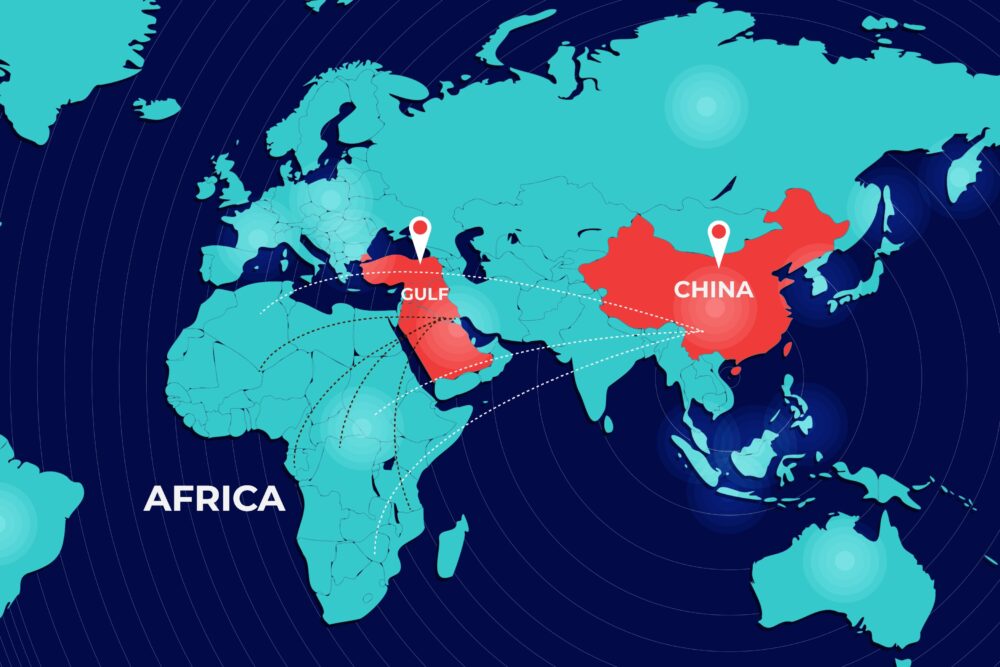
A recent report by The African Natural Capital Alliance (ANCA) during their co-session with FSD Africa at COP28 reveals critical insights into the exposure of African countries to nature-related risks.
According to the report “Nature Stress Testing: Exposure to Nature-Related Risks Across Africa”, 62% of African GDP is dependent on nature services, and 70% of communities in Sub-Saharan Africa rely on forests and woodlands for their livelihoods.
The report stated that the reliance on nature services poses significant risks for many African countries due to climate change, deforestation, and degradation of ecosystems. In addition, the report’s findings hold significant implications for financial regulators and private financial institutions across the continent, as their financial systems and portfolios are likely exposed to similar levels of risk.
With the African financial sector gaining momentum, the report emphasised a growing need for proactive measures to address nature-related risks and opportunities. The stress test explores different nature transition pathways and their potential impact on the profits of businesses across these economies. It identifies how these pathways could create knock-on risks for the financial sector, emphasising the need for proactive measures.
The report specifically assesses the exposure of the African banking sector to nature-related risks, offering consolidated findings from a nature stress testing exercise conducted in five African countries [Ghana, Mauritius, Morocco, Rwanda and Zambia]. These findings hold significant implications for financial regulators and private financial institutions across the continent, as their financial systems and portfolios are likely exposed to similar levels of risk.
According to the report, If current policies and business practices persist, some countries may face substantial nature-related physical risks, especially in sectors like agriculture. The World Economic Forum also estimates that $44 trillion of global economic value creation intrinsically relies upon while also degrading natural capital, with $195 billion being the estimated yearly loss of natural capital in Africa.
To address these risks, the report urges the African financial sector to take steps to foster sustainable financial practices. So far, 16 private financial institutions across seven countries are currently piloting or in the process of piloting the Taskforce for Nature-related Financial Disclosures (TNFD) framework.
Source: Business Insider








